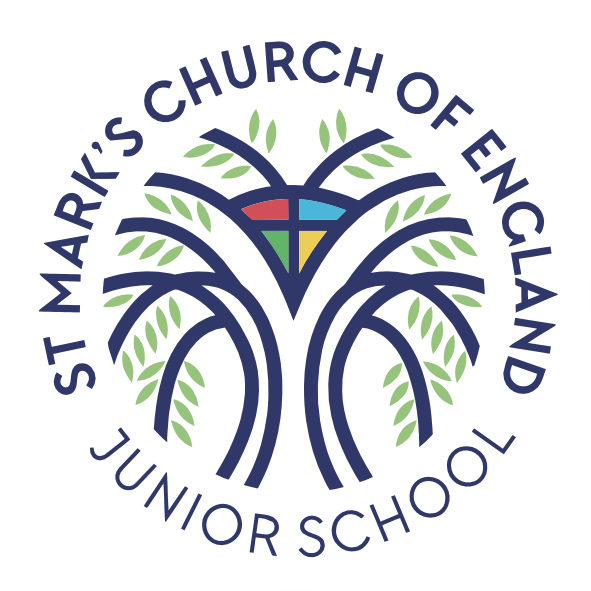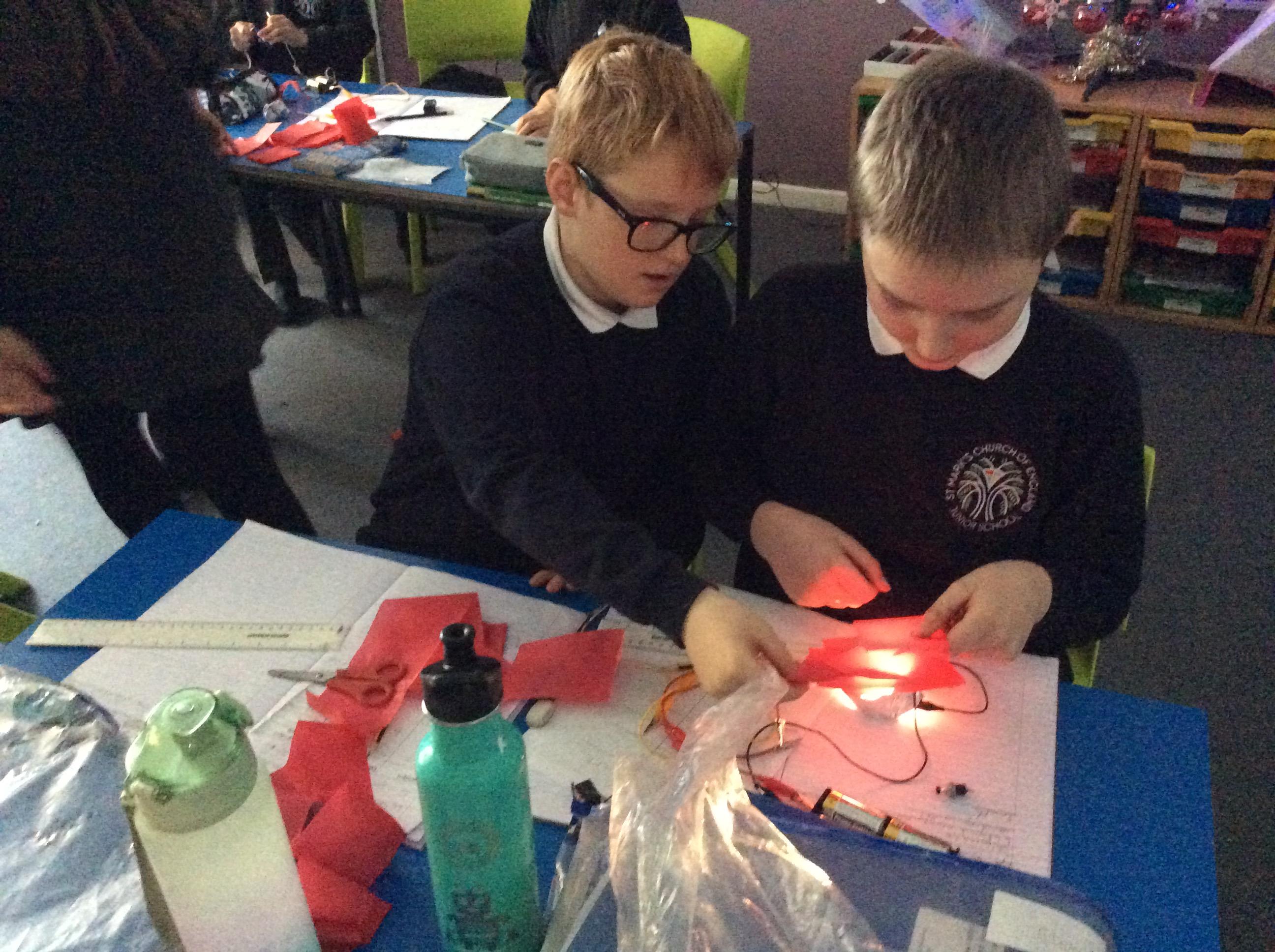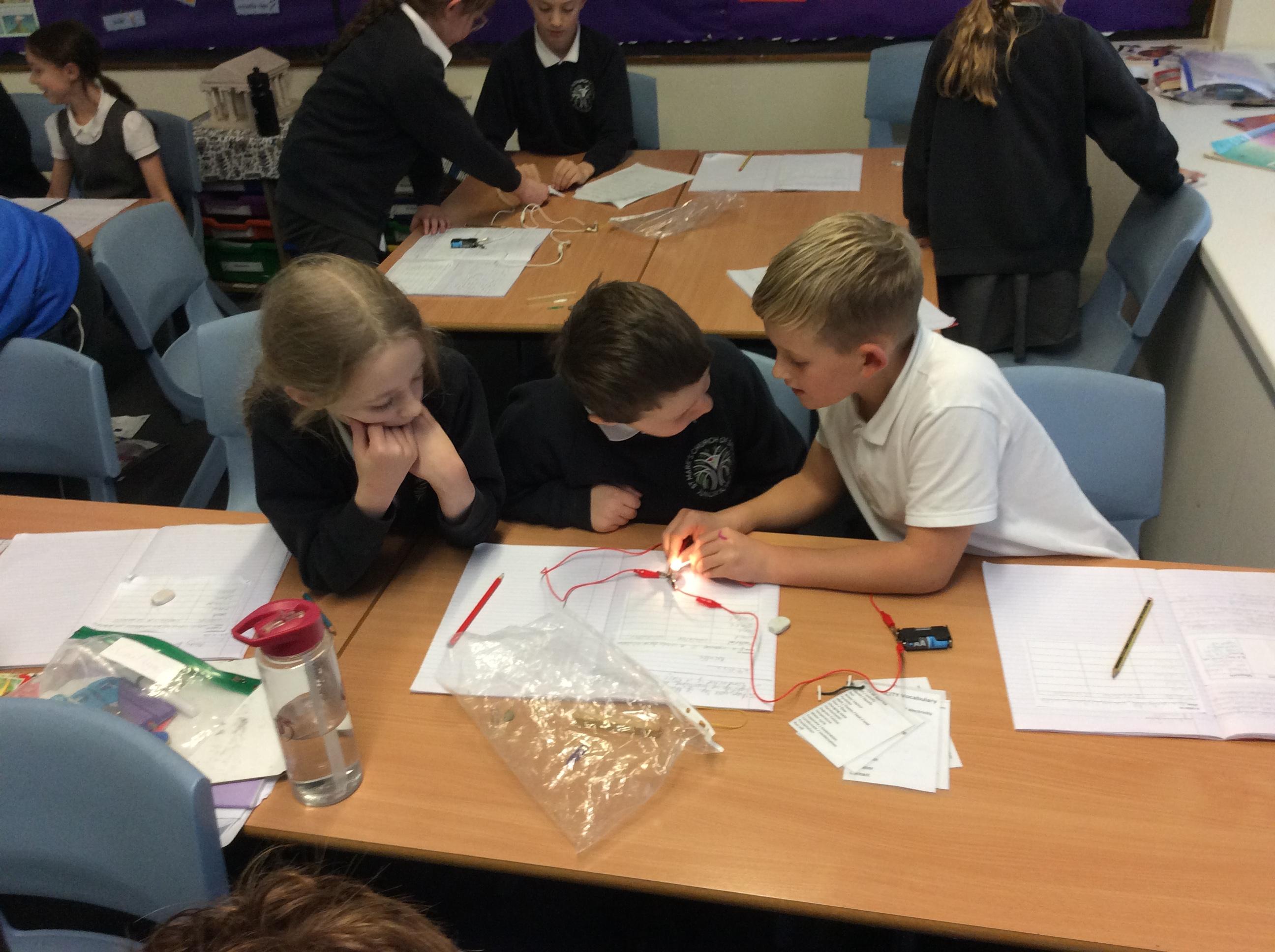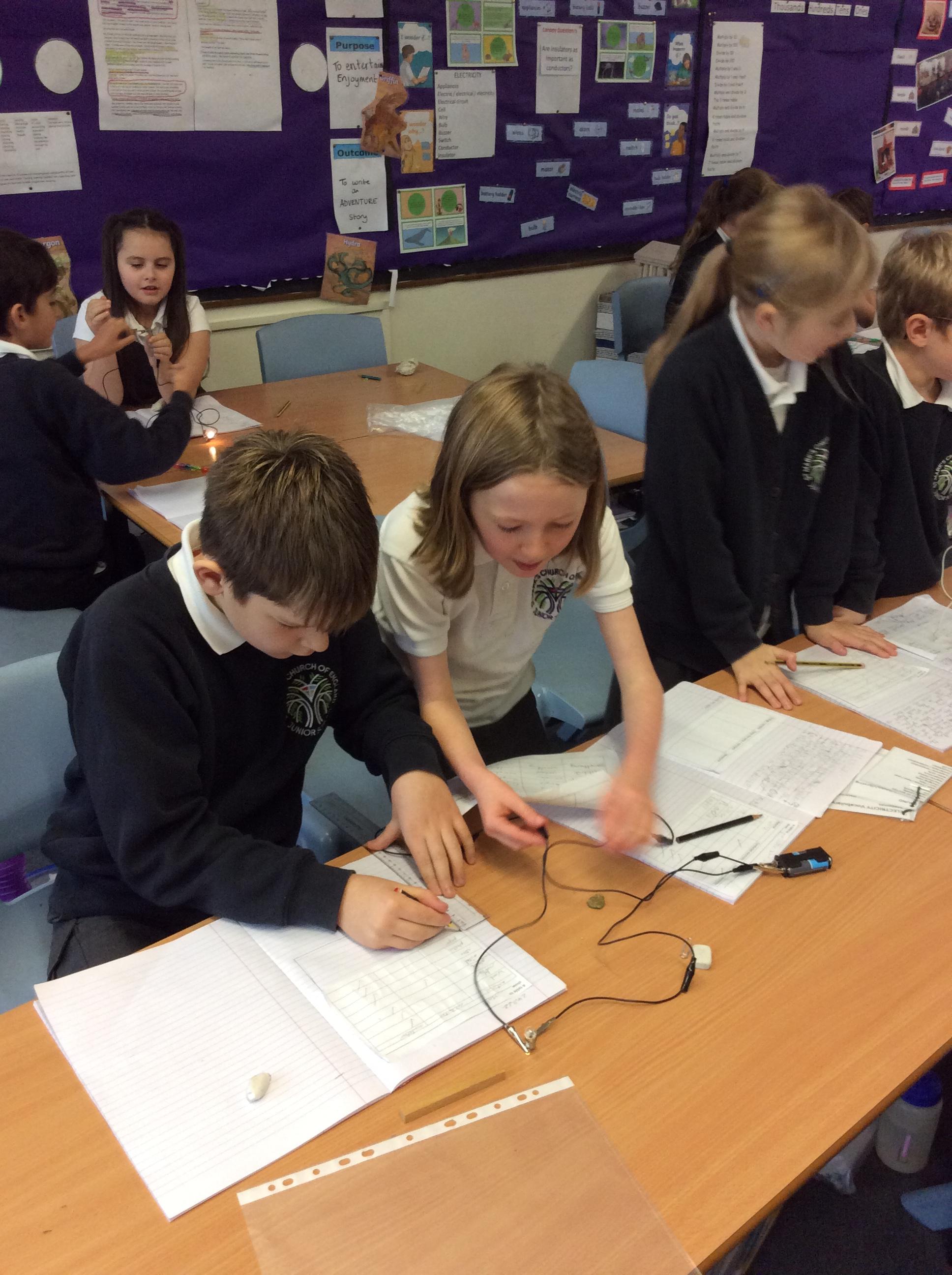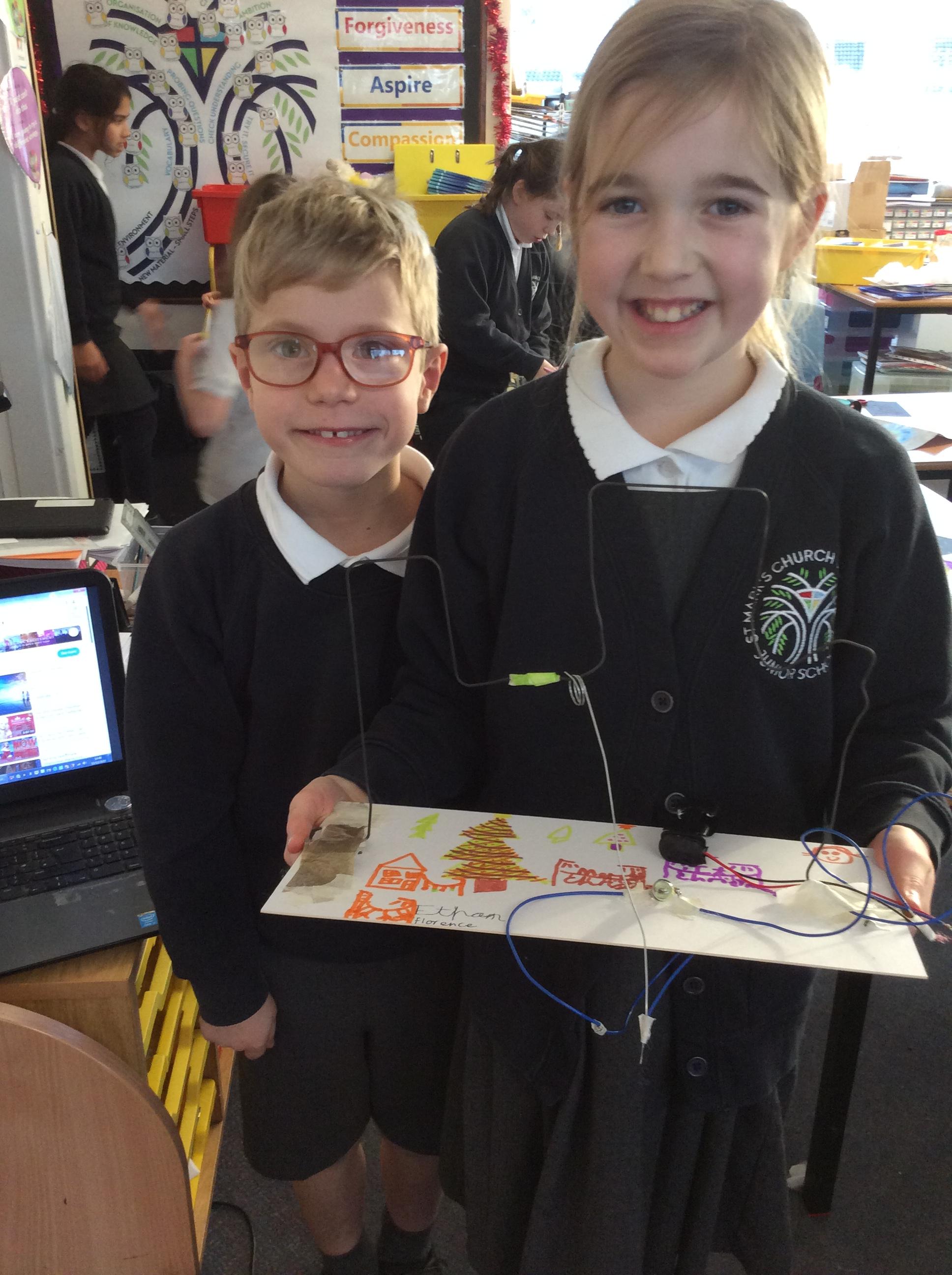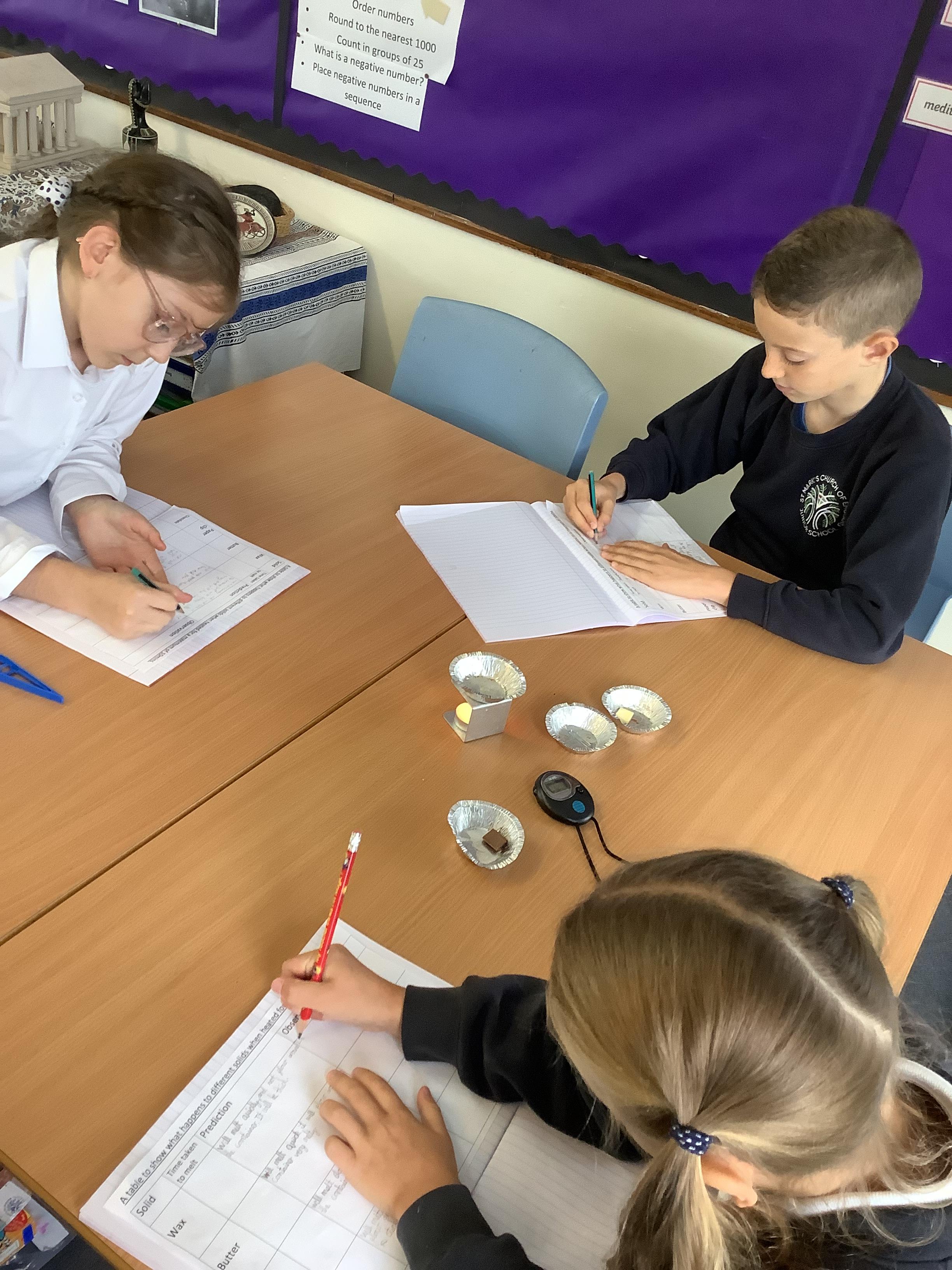Science
Science in our school 2022-2023
What Science looks like at St. Mark's...
We teach an enriched science curriculum that provides opportunities for practical lessons as much as possible with the topic content and believe that this is key. The children are exposed to a wide variety of topics that support the children’s curiosity for learning. Our curriculum aims to broaden the children’s scientific view of the world around them, whilst promoting a love for inquiry and wanting to explore new things.
Lower Key Stage 2 – Years 3-4
The principal focus of science teaching in lower key stage 2 is to enable pupils to broaden their scientific view of the world around them. They should do this through exploring, talking about, testing and developing ideas about everyday phenomena and the relationships between living things and familiar environments, and by beginning to develop their ideas about functions, relationships and interactions. They should ask their own questions about what they observe and make some decisions about which types of scientific enquiry are likely to be the best ways of answering them, including observing changes over time, noticing patterns, grouping and classifying things, carrying out simple comparative and fair tests and finding things out using secondary sources of information. They should draw simple conclusions and use some scientific language, first, to talk about and, later, to write about what they have found out.
Upper Key Stage 2 – Years 5-6
The principal focus of science teaching in upper key stage 2 is to enable pupils to develop a deeper understanding of a wide range of scientific ideas. They should do this through exploring and talking about their ideas; asking their own questions about scientific phenomena; and analysing functions, relationships and interactions more systematically. At upper key stage 2, they should encounter more abstract ideas and begin to recognise how these ideas help them to understand and predict how the world operates. They should also begin to recognise that scientific ideas change and develop over time. They should select the most appropriate ways to answer science questions using different types of scientific enquiry, including observing changes over different periods of time, noticing patterns, grouping and classifying things, carrying out comparative and fair tests and finding things out using a wide range of secondary sources of information. Pupils should draw conclusions based on their data and observations, use evidence to justify their ideas, and use their scientific knowledge and understanding to explain their findings.
SEND Provision in Science at St. Mark’s
It is important at St. Mark’s that all children are able to access the Science curriculum in order for their learning and progression in Science to not be capped or limited by their other academic abilities, as well as allowing all children to enjoy and be enthused by Science.
SEND provision at St. Mark’s includes:
- Providing children with key vocabulary cards and picture cards
- Allowing children to vary the way they record their ideas and results in order to overcome literacy barriers, e.g. drawing and taking photographs
- Given proformas to aid presentation
- Allow time for play/self-discovery
- Allow more time for written work
- Use of mixed ability groups for peer learning
- Use of TA support and extra discussion
- Use of lots of practical activities for children to use a variety of learning styles, e.g. kinaesthetic, auditory and visual
Gifted and Talented Provision in Science at St. Mark’s
It is important at St. Mark’s that children are all extended to think ‘outside the box’ and question the world around them. All the children’s curiosity is encouraged and our practical approach to Science allows them to explore that. We aim for the children to be able to independently make links between scientific phenomenon and be able to apply their understanding, knowledge and discoveries to different contexts, situations and make further predictions about other scenarios.
The G&T provision at St. Mark’s includes:
- The use of Mastery questioning and activities to extend in every lesson
- Use of Deeper Learning booklet
- Use of more complex scientific explanation using accurate scientific language
- Open ended questioning, e.g. ‘What would happen if…’
- Peer teaching to allow children to explain their understanding to others
- Allowing children to do their own further research and investigations
Please see below for the Science Curriculum Plan
What does "Mastery" in Science actually look like?
When assessing mastery in Science children must be able to apply the 'Working Scientifically' objectives across a range of topics and scenarios within the classroom and be able to draw real life explanation of phenomenon outside the classroom. Mastery goes beyond just 'ticking boxes' and showing a child can answer many questions on a topic correctly. Mastery requires a child to use that knowledge to draw conclusions within other contexts, have an excited and enthusiastic approach to science and be able to design and plan experiments where they can correct errors and make improvements to their design to affect accuracy and reliability.
Top Tips for Parents...
- Encourage your child to question why things occur when, where and how they do, e.g. Why does it get cold in winter? Why does an egg become hard when you heat it?
- Encourage your child to make predictions about what would happen next or in different circumstances using their prior knowledge, e.g. If the plug didn't have a resistor, what would happen? If we made a surface more slippy, what would happen to vehicles travelling along it?
- Try to use the correct scientific words/names for things instead of nicknames or colloquial terms, e.g. Stomach rather than tummy.
- Take note of the science topics your child will be learning about this year and encourage conversation about those things at home and when you're out and about.
- Use the given websites to help your child with their homework if they're finding it tricky as not all websites have correct information or information appropriate for primary children
Wibbly Wobbly Web Links
http://www.primaryhomeworkhelp.co.uk/science/index.html
http://www.bbc.co.uk/terrificscientific
